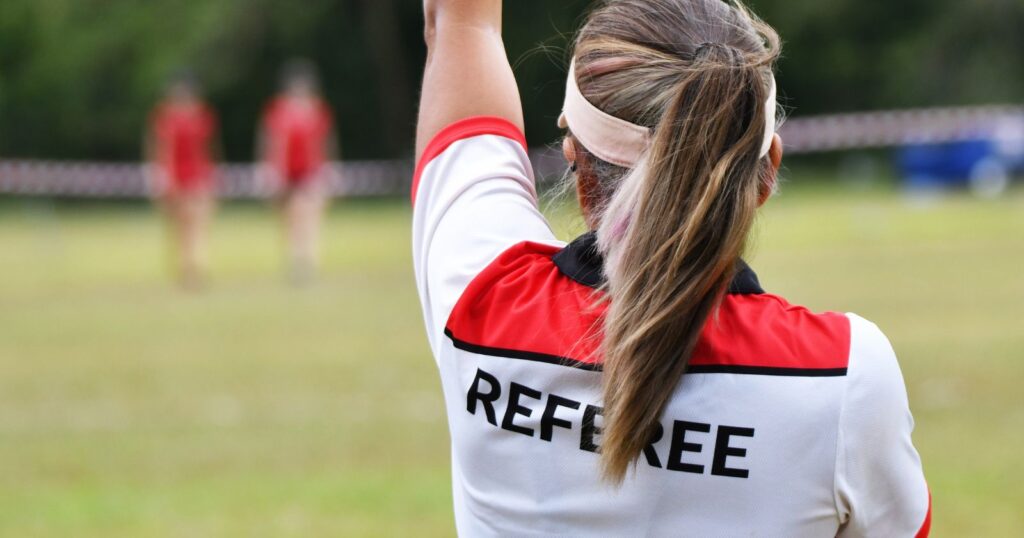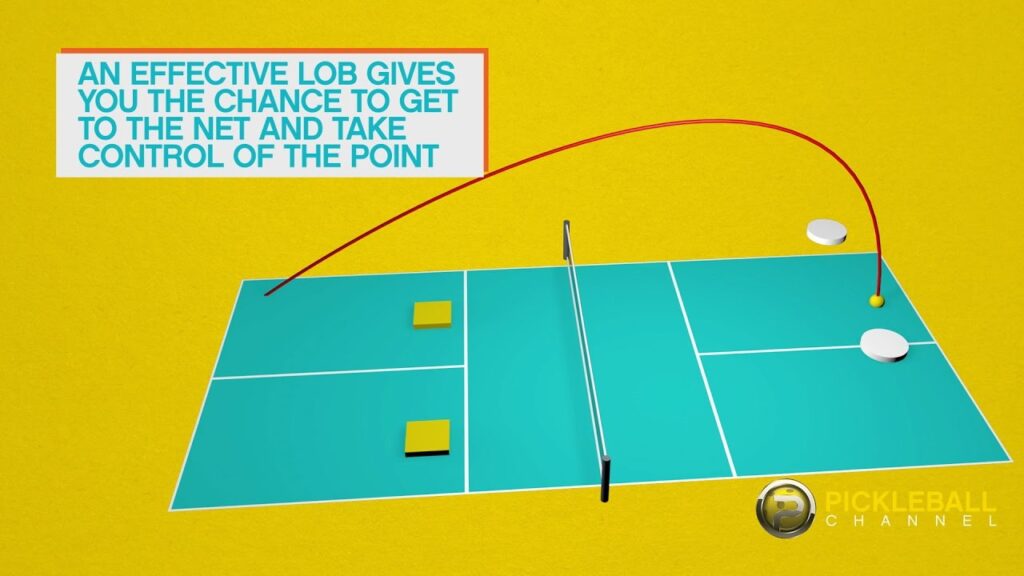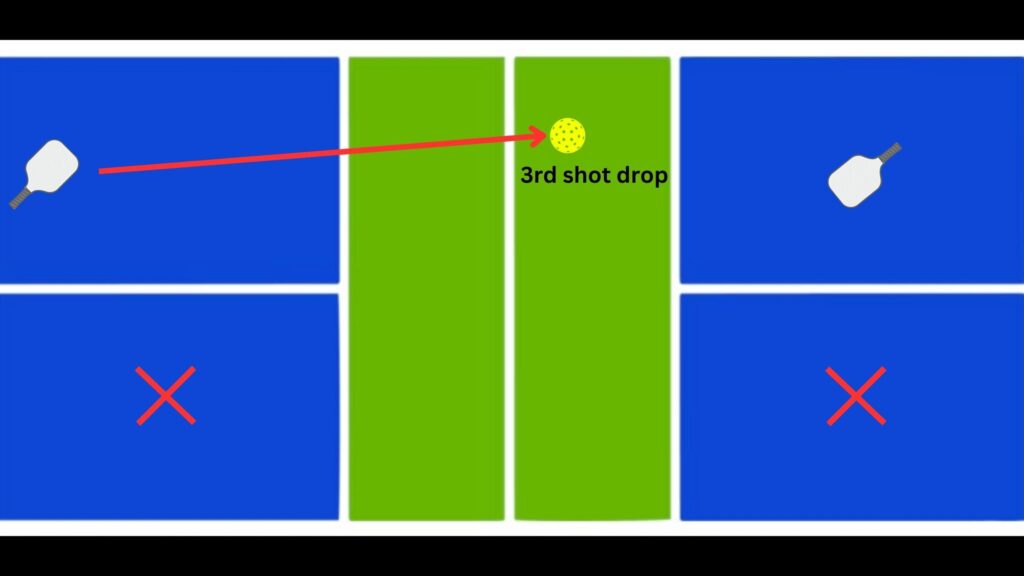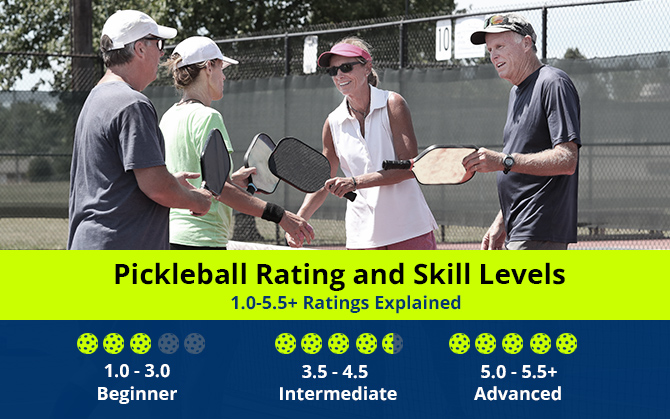Pickleball referees earn varying salaries, depending on factors such as experience, tournament level, and geographic location. Here is an overview of the income potential for pickleball referees.
When it comes to earning potential, pickleball referees can expect to make different amounts based on a range of factors. These include their level of experience, the level of tournaments they officiate, and their geographic location. The salary of pickleball referees can fluctuate significantly, with some earning lower amounts for local and recreational events, while others command higher pay at national and international tournaments.
It’s important to note that these figures can vary greatly, and it is recommended to consult official sources or governing bodies for accurate and up-to-date information. Overall, the salaries of pickleball referees are determined by a combination of factors specific to each individual referee and the events they officiate.

Credit: www.facebook.com
2. Role Of A Pickleball Referee
A pickleball referee plays a crucial role in ensuring fair play and maintaining the integrity of the game. They are responsible for overseeing matches, enforcing rules, and making critical decisions that can impact the outcome of a game. Let’s delve into the specific responsibilities and skill requirements of a pickleball referee.
2.1 Responsibilities
A pickleball referee’s primary responsibilities include:
- Enforcing the rules of the game
- Officiating matches and making impartial judgments
- Ensuring player safety and fair play
- Managing disputes and conflicts on the court
- Maintaining a professional and respectful demeanor
2.2 Skill Requirements
To excel as a pickleball referee, individuals should possess the following skills:
- Excellent knowledge of the official pickleball rules
- Keen observation and decision-making abilities
- Strong communication skills to effectively convey rulings
- The ability to remain calm and composed under pressure
- A fair and unbiased approach to officiating matches
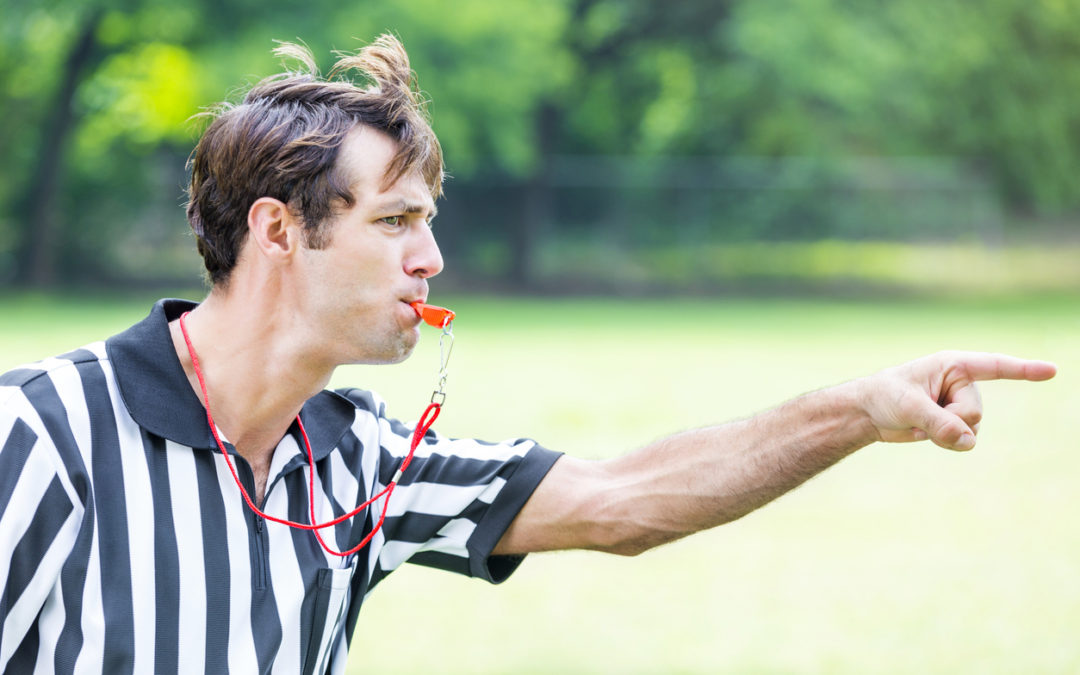
Credit: www.chicopickleball.com
3. Factors Affecting Pickleball Referees’ Earnings
Pickleball referees’ earnings are influenced by several factors, including the level of competition, location, and experience. These factors determine how much they can make in this role.
Refereeing in pickleball tournaments can be a rewarding experience, both in terms of personal satisfaction and financial gain. The amount of money that pickleball referees make can vary depending on several factors. These factors include tournament level, experience, and location. Let’s delve into each of these factors to understand how they impact the earnings of pickleball referees.3.1 Tournament Level
The tournament level plays a significant role in determining how much pickleball referees earn. Higher-level tournaments, such as national or international competitions, typically offer better compensation compared to local or regional events. This is mainly because the stakes are higher, and the level of competition is more intense. Referees working at prestigious tournaments can expect higher payments as they are responsible for ensuring fair play and maintaining the integrity of the game at such highly esteemed events.3.2 Experience
Experience is another key factor that affects the earnings of pickleball referees. Referees who have been officiating matches for a longer time and have accumulated a wealth of experience are likely to command higher fees. Their experience reflects their expertise in making accurate calls, managing games efficiently, and handling difficult situations with confidence. Tournament organizers are willing to pay experienced referees a higher rate because of the added value they bring to the table.3.3 Location
The location where a pickleball referee operates also influences their earnings. Different regions or countries may have varying standards of living and financial capabilities, which can impact the compensation offered to referees. For instance, pickleball referees in areas with a high cost of living may demand higher fees to cover their expenses. Additionally, regions with a flourishing pickleball community and a higher demand for referees are likely to provide better earning opportunities compared to areas with a less developed pickleball scene. In summary, the earnings of pickleball referees can be influenced by various factors. These include the tournament level, experience, and location in which they operate. Referees who officiate at higher-level tournaments, possess considerable experience, and work in regions with a thriving pickleball community are more likely to enjoy higher compensation. It’s important for both aspiring and experienced pickleball referees to consider these factors when evaluating their potential earnings and career prospects in the sport.4. Average Income Of Pickleball Referees
Pickleball referees can expect to earn an average income based on their experience and the level of tournaments they officiate. The income varies but offers a rewarding opportunity for those passionate about the sport.
4.1 Professional Tournaments
4.2 Amateur Tournaments
The average income of pickleball referees can vary depending on several factors. Professional and amateur tournaments offer referees different opportunities for income. Let’s take a closer look at the average income for pickleball referees in each of these settings.4.1 Professional Tournaments
Professional pickleball tournaments provide referees with the highest earning potential. These tournaments attract top players and offer substantial prize money, making them highly competitive events. As a result, professional referees are in high demand and can often command higher rates for their services. On average, a professional pickleball referee can expect to earn between $250 and $500 per day, but top-level referees who officiate prestigious tournaments may earn even more.4.2 Amateur Tournaments
Amateur pickleball tournaments also provide opportunities for referees to earn income. These tournaments are typically organized on a smaller scale and attract players of varying skill levels. Referee fees for amateur tournaments can range from $50 to $150 per day, depending on the event’s size and level of competition. While the income may be lower compared to professional tournaments, amateur pickleball tournaments still offer a chance for referees to earn a supplementary income while participating in the sport they love. Regardless of the tournament level, it’s essential to note that pickleball referees’ income can fluctuate based on several factors. These factors include the referee’s level of experience, reputation, and the tournament’s budgetary constraints. It’s important for referees to network within the pickleball community, build a good reputation, and continuously improve their skills to maximize their income potential. In summary, the average income of pickleball referees varies among professional and amateur tournaments. Professional tournaments provide the highest earning potential, with referees averaging between $250 and $500 per day, while referees at amateur tournaments can expect to earn between $50 and $150 per day. As with any profession, building a strong reputation and continuously refining one’s skills can lead to increased earning opportunities for pickleball referees.6. Making A Career As A Pickleball Referee
Making a career as a pickleball referee can be an exciting endeavor for those passionate about the sport. Not only can it be a fulfilling way to contribute to the pickleball community, but it also offers opportunities for growth and development. From advancement opportunities to specialized training, becoming a pickleball referee can lead to a rewarding and lucrative career.
6.1 Advancement Opportunities
As a pickleball referee, there are various advancement opportunities to progress in your career. You can start as an entry-level referee and gradually advance to higher levels, such as a certified referee, head referee, or even an officiating coordinator. Advancement often comes with increased responsibilities and compensation.
6.2 Training And Certification
Training and certification are essential for becoming a successful pickleball referee. You can undergo official training programs that cover the rules of the game, referee ethics, match management, and more. Obtaining certification demonstrates your expertise and commitment to officiating, opening doors to better pay and more prestigious assignments.
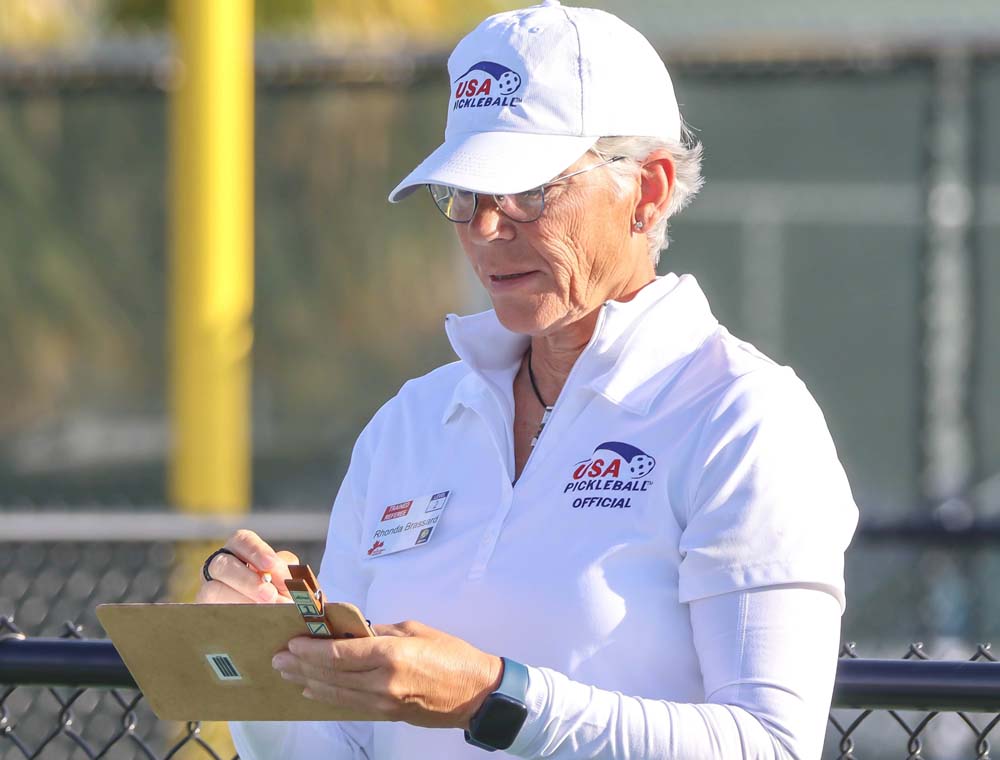
Credit: usapickleball.org
Frequently Asked Questions On How Much Do Pickleball Referees Make
How Do You Become A Pickleball Ref?
To become a pickleball ref, familiarize yourself with the rules, gain practical experience, and get certified through an accredited program.
Which Sport Referees Make The Most Money?
The sport referees who make the most money are typically found in professional basketball, soccer, and American football leagues. These officials earn high salaries due to the high-profile nature and revenue generated by these sports.
How Much Does A Local Ref Make?
A local ref’s earnings vary, and it depends on factors like experience, location, and level of games.
How Many Referees Are There In Pickleball?
There is no set number of referees in pickleball. The number of referees varies depending on the level of play and the specific competition.
Conclusion
Pickleball referees’ earnings can vary based on experience and location. It’s important to consider the demand for referees in your area. If you’re passionate about the sport, becoming a certified referee can be a rewarding opportunity to contribute to the pickleball community while earning a modest income.
Neil jacobson is an avid Pickleball enthusiast, writer, and coach dedicated to sharing the joy and intricacies of the sport. With 6 years of experience on the court and a passion for teaching, Courtney brings a unique perspective to his writing, offering practical insights and strategies for players of all levels. As a certified Pickleball coach, his mission is to inspire and empower individuals to excel in the game while fostering a sense of community within the Pickleball world. Through his articles, guides, and coaching sessions, Neil aims to elevate the playing experience and share the infectious enthusiasm that defines the Pickleball community.

